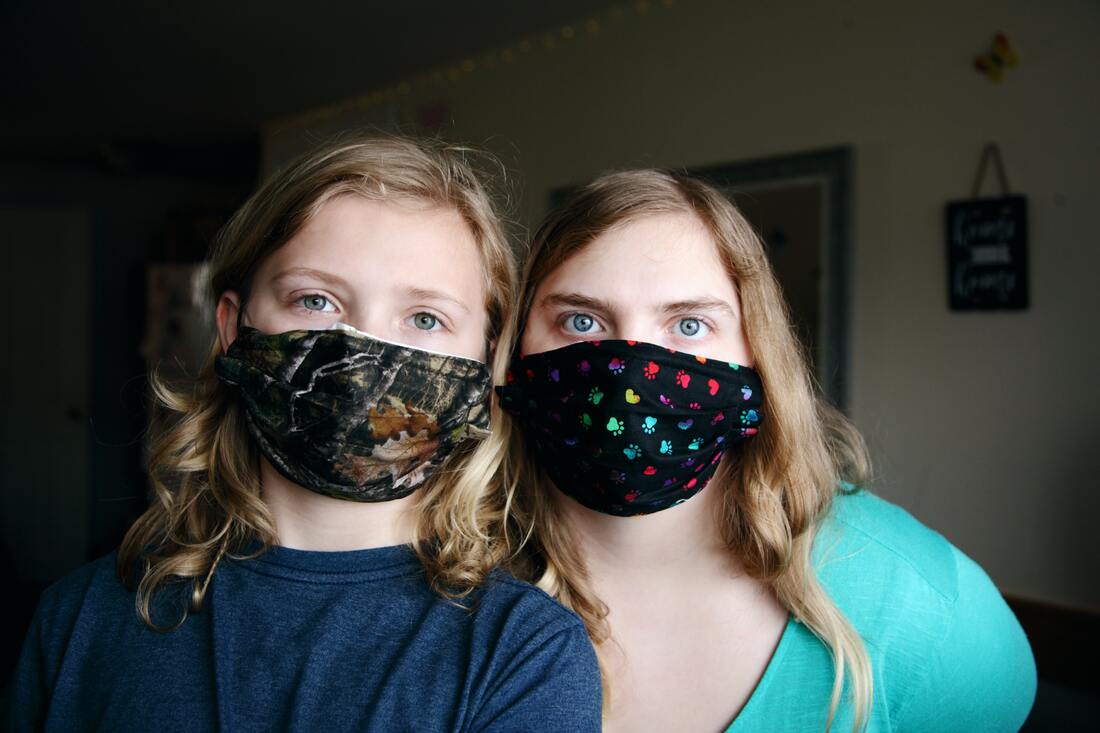|
SEARCH My Blog (Opens in new tab)
High initial dose means it is more severe and lasts longer
The need to avoid groups of people - as has been commonly prohibited by authorities around the globe - is not just to reduce the spread of coronavirus, it is also to reduce the death rate.
The total amount of virus a person has inside them is referred to as their "viral load". A higher viral load is associated with a higher severity illness that you will suffer. For example, with HIV, "viral load monitoring predicts the deaths of HIV/AIDS patients" [BMC Infection diseases 2019].
Recent research found the same to be valid for COVID-19 - "The mean viral load of severe cases was around 60 times higher than that of mild cases, suggesting that higher viral loads might be associated with severe clinical outcomes" [The Lancet, March 19, 2020].
The researchers the Lancet publication above concluded: "Overall, our data indicate that similar to SARS in 2002–03, patients with severe COVID-19 tend to have a high viral load and a long virus-shedding period. This finding suggests that the viral load of SARS-CoV-2 might be a useful marker for assessing disease severity and prognosis" Why the initial dose size matters
The quantity of virus that we receive at the start of infection is known as the "infectious dose".
The severity and mortality rate of many viruses, including influenza, SARS and HIV, is related to the size of the infectious dose. Scientists don't yet know what that "minimum infectious dose" is for COVID-19, but they presume it's around a hundred virus particles. After we are infected (by the initial dose) a virus replicates in our body's cells. We have a general immune system which is running continuously. But it takes our body about 2 weeks to gear to fight a specific viral invader like influenza or COVID-19. It is during this period that we exhibit many of the symptoms: fever, headaches, muscle pain. This works very successfully, unless the initial infectious dose of attacking viruses is a large one. In this latter case the viruses reproduce very rapidly causing chaos and damage and overcoming our body's ability to wind up a specific response. When this happens we deteriorate very quickly due to the stress on our vital organs. So if you are in a gathering and many people don't have symptoms but are infected, then you are breathing in lots of droplets per minute and potentially absorbing a high initial infection dose of the virus. When this large viral dose arrives in your lungs, it will rapidly spread and potentially overpower your natural immune response. The course which follows a large infection is that you become ill over the next 48 hours. Then three days later, you wonder why you can't breathe and end up in the hospital. What this means for you
If you acquire a large initial dose of COVID-19, then you are likely to suffer much more severely and for longer - at any age.
If you are older and acquire a large initial dose then you are more likely to suffer very severely. The data so far suggests that age 65 is where the general risk from COVID-19 severity significantly increases. If you have existing health compromises or any immunodeficiencies, and you acquire a large initial dose, then statistically you are at grave risk. How to minimise the risk of a large infectious dose
If you sit with one person and catch the coronavirus, then you will most likely get a small viral load (unless they cough directly into your face, sneeze, or talk particularly loudly at you). Your immune system will start to fight it, and by the time the virus starts replicating rapidly, your body will be ready to kill it.
If you sit in the same room with six people, all breathing out the virus, then you will potentially get six times the initial dose. The rise in viral load is faster than your immune system can cope with, and it is overrun. You might then become critically ill. You can reduce the change of a receiving a large infectious does by, in order:
Limit your exposure
It remains crucial to limit all possible exposure to COVID-19, whether this is to highly symptomatic individuals coughing up large quantities of virus or to asymptomatic individuals spreading small amounts.
And if you are feeling unwell, you need to observe strict self-isolation measures to limit your chance of infecting others. Stay safe, take care of yourself and have regard for others.
Follow me on Quora for more health and fitness tips.
If you valued this article >> Follow me Leave a comment >> Share it >> Stay healthy If you have any questions email me and I will get back to you.  RSS Feed RSS Feed
Latest: get your free customised fitness plan designed uniquely for you.
|
ChoicesSince I was diagnosed at 50 with Type 2 diabetes I've been learning how to do bone-building fitness training which lowers my age. You can too. It's your choice. Walter Categories
All
Archives
May 2023
|




